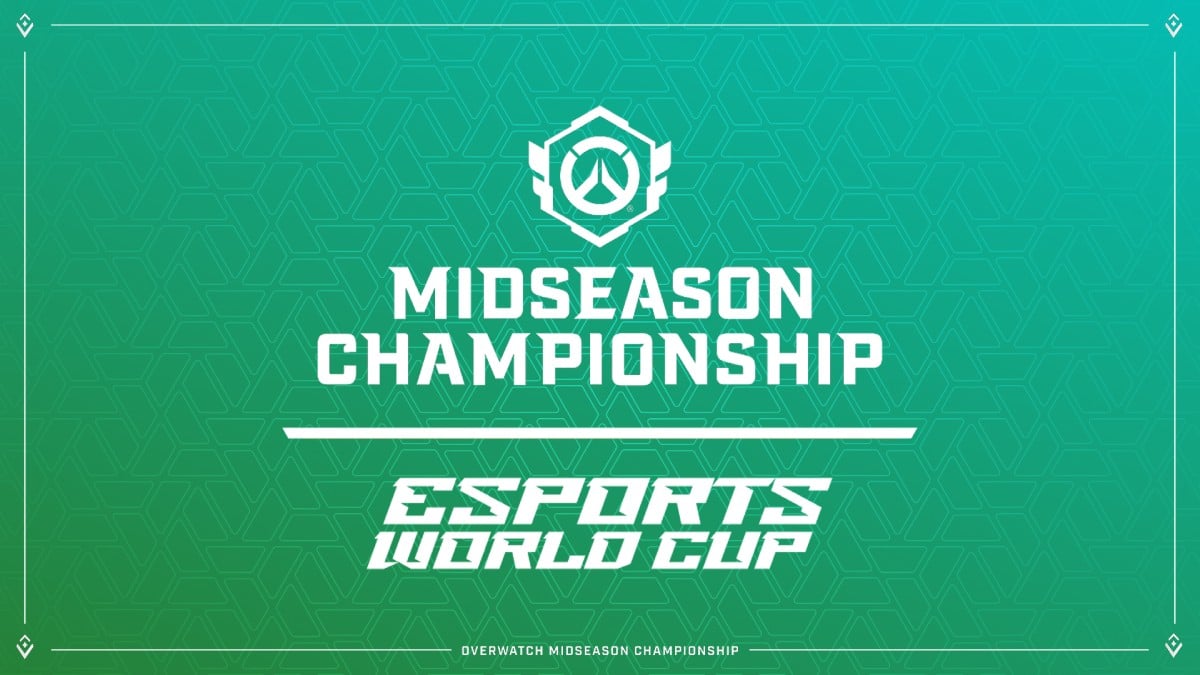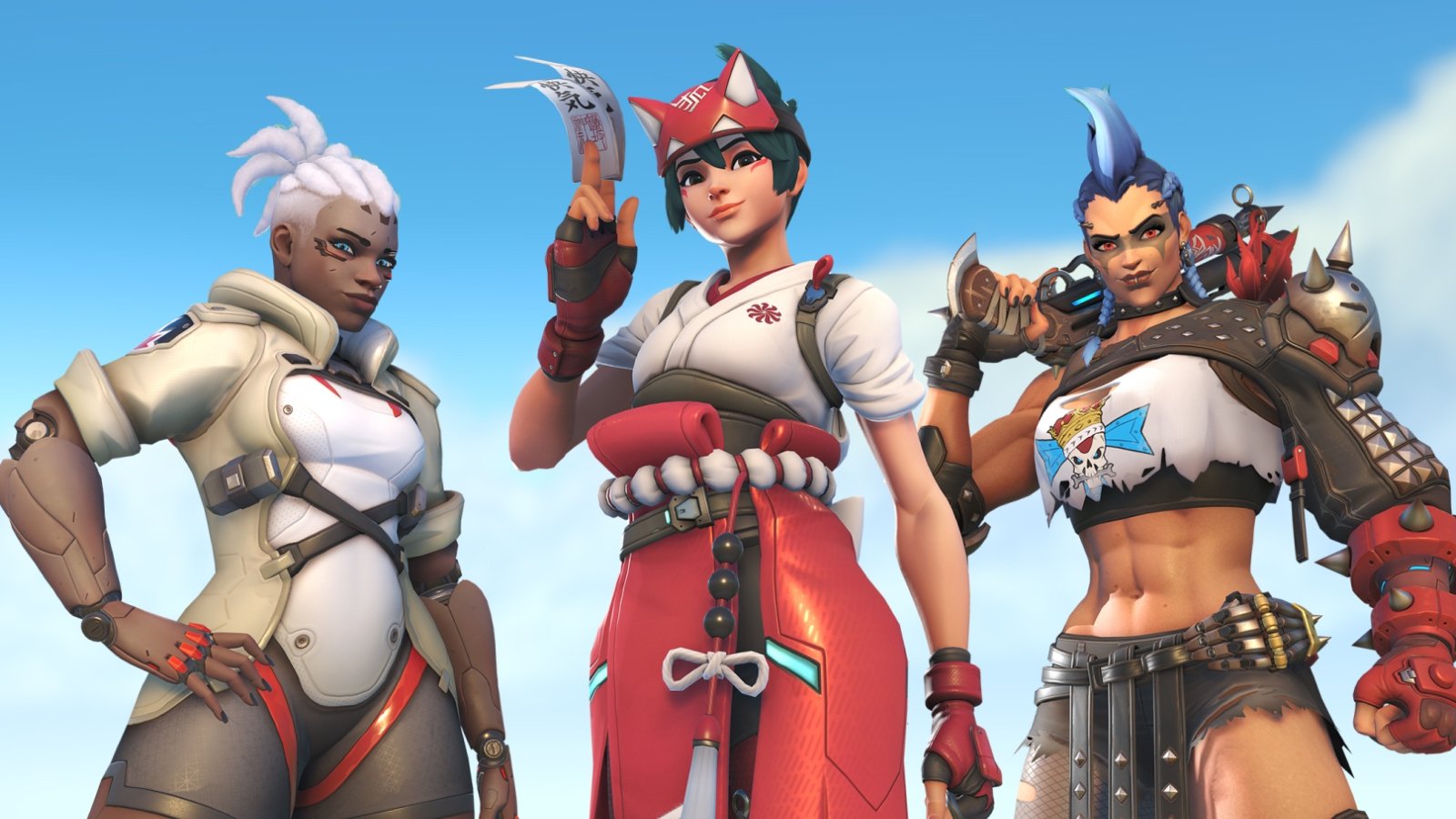Thanks to new regulations in China, you could soon know the drop percentage of an item in Overwatch or Counter-Strike: Global Offensive loot boxes.
The legislation, which passed on Dec. 5, forces game developers to reveal the drop percentages of all items inside the boxes. The sentiment raised by the Chinese government is that these loot boxes contain items of widely differing value. Buyers purchase these loot boxes inside the game and have no way of knowing the value of the item they will eventually receive once the box is opened. Due to certain items in these boxes being a lot rarer and valuable than others the feature has, in recent times, come to be viewed as an issue, as consumers will rarely receive an item worth their own investment.
An excerpt from the new regulation in China reads: “Online game publishers shall promptly publicly announce information about the name, property, content, quantity, and draw/forge probability of all virtual items and services,” which means that the odds of receiving an item from a loot box must be shared with the game’s customers. It is currently unclear how game developers will be approaching the new regulations.
Under the new rules, developers must also keep a record of these random draws for more than 90 days in case of a government inquiry.
China’s new regulations are similar to those proposed by Australian politician Nick Xenophon, who drafted a bill in July looking to define titles like CS:GO and Dota 2, which prominently feature in-game loot boxes or “chests,” as gambling.
In-game items, or skins as they are most commonly known in CS:GO, that players receive from purchasing loot boxes were at the center of much controversy in 2016. An unregulated gambling market established itself around these items, where underaged players could gamble absurd sums of money by betting skins on esports matches. Several lawsuits were filed towards the game’s developer Valve, including one from the Washington Gambling Commission.
The big question now is whether other countries will adopt similar regulations based on China’s approach, and what eventual impact it may have on the in-game feature overall.












Published: Dec 9, 2016 07:01 am